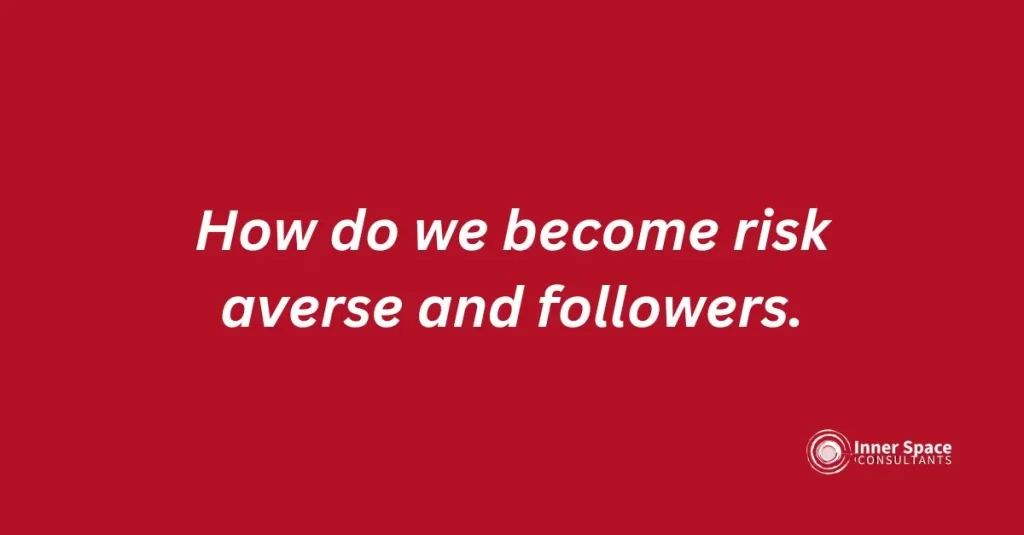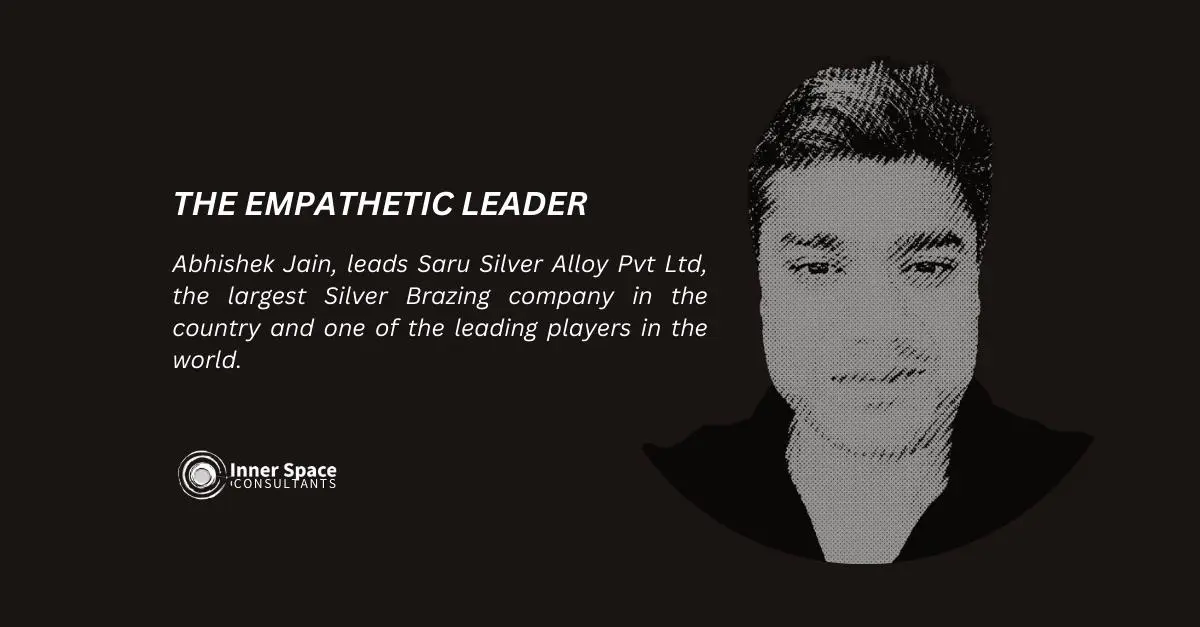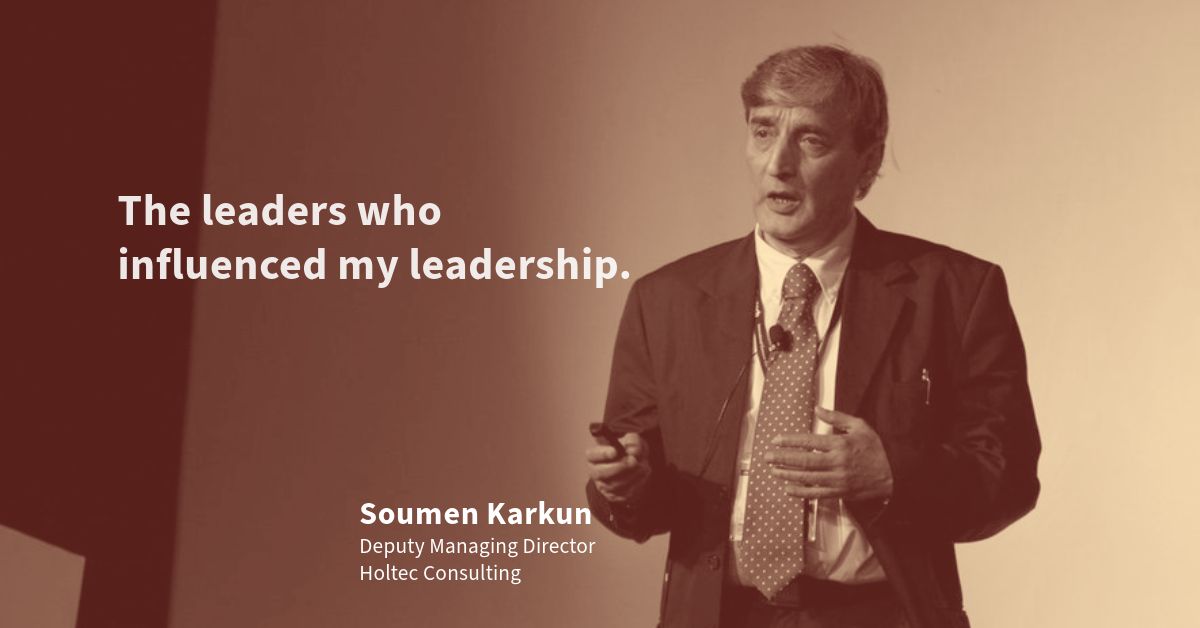I recently sat through an interim appraisal discussion where the boss was advising his junior to take more risks, try new things, and think outside the box. The junior had consistently met his targets, but his approach had remained the same over the past few years. He was expecting a promotion but his senior kept saying that he was not doing anything new at all.
This made me reflect. Children, in many ways, are the best teachers. You can learn so much simply by observing them. I recently had a young couple over for dinner who had a small child. Throughout the evening, the parents constantly instructed the child on what to do and what not to do. Whenever the child attempted to go near the television or touch something, one of the parents would quickly say, “No,” and the child would return to his previous spot.
In another instance, a couple with two children visited us. One child was very obedient, sitting quietly on the sofa for most of the time. The other, more energetic, was running around the house, occasionally knocking things over, which caused the parents some embarrassment. My elderly parents, both in their mid-80s, referred to the first child as a “very good boy” and the second as “very naughty.” The “very good boy” beamed with pride at the compliment, while the “naughty” boy didn’t seem to mind the label.
These two incidents made me pause and think. The obedient child, who stayed seated and followed instructions, likely internalized the message that it is good to follow rules and never step outside of them. Similarly, the child who heard numerous “No’s” from his parents might have come to believe that one should avoid risks, stick to what’s comfortable, and never push boundaries. As the saying goes, a child’s personality is largely formed by the age of six. As these children grow older, they may become #risk-averse obedient followers, and adaptive conformists. When they eventually sit through performance appraisals at work, they might be confused by feedback of being risk-averse and only being a follower, unaware that their upbringing shaped their approach. They might not recognize that their reluctance to take risks stems from the very lessons they learned as children. It would then take considerable effort for them to break free from these deeply ingrained habits.
This reflection might be valuable for young parents with small children. If parents say “Yes” more often and say “No” less frequently, encouraging their children to make mistakes and learn from them, we may raise a generation of dynamic, risk-taking leaders in the corporate world.
#LeadershipLessons #PersonalGrowth #ParentingInsights #RiskTaking #Innovation #NeerajAgarwal #InnerSpaceConultants
EmployeeDevelopment #CareerGrowth #CorporateCulture #BoldLeadership #FutureLeaders #Coaching















